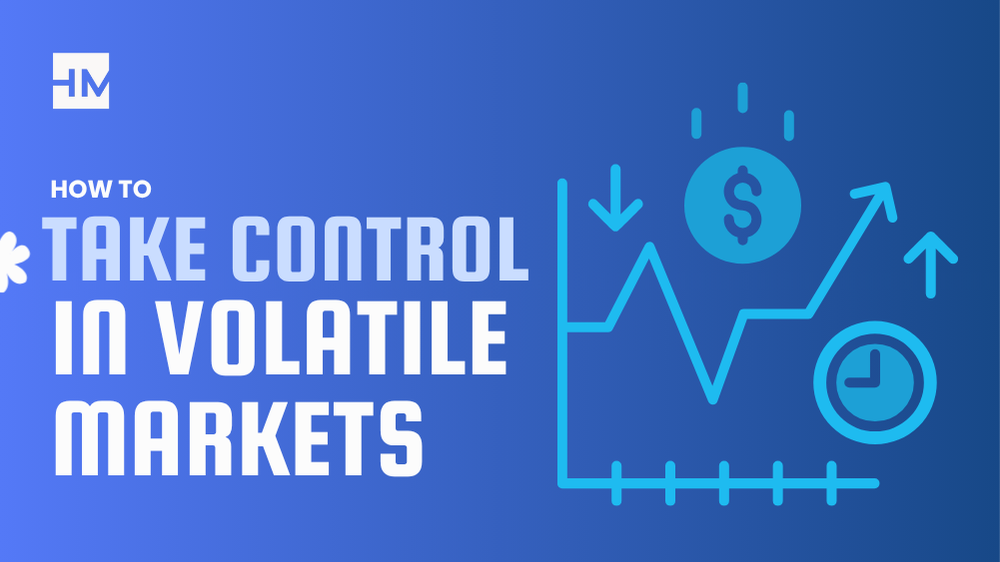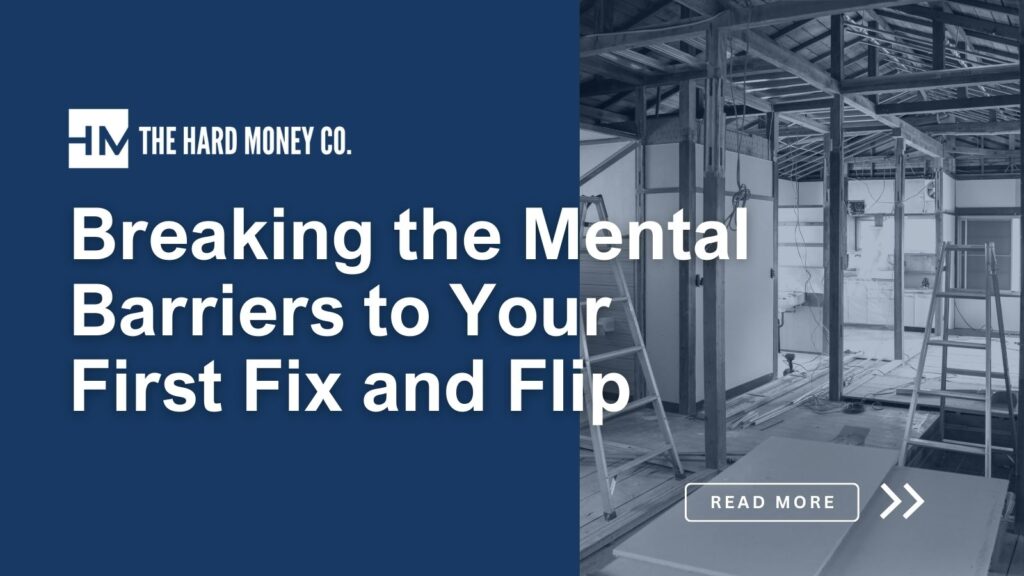Why the Exit Strategy Comes First
Every investor gets excited about the purchase. The numbers work, the deal feels good, and you’re ready to go. But the best investors don’t stop there. They’re thinking about the payday ahead and how they’re going to get to it.
Before you close, you need to know how you’re getting out. Are you selling the property? Are you holding it and refinancing? Your exit strategy will define everything else: how you underwrite the deal, how you structure your financing, how you manage your rehab, and how quickly you need to move.
Hard money is a tool to help you get in. But from the beginning, you need to be thinking about how you’ll get out.
Sell, Refi, or Rent—What’s the Plan?
The back end of the deal is where you get paid. It’s where you make your money, lock in your equity, or start generating cash flow. So it’s crazy how many investors focus entirely on the purchase and leave the exit as an afterthought.
Are you selling the property? Are you refinancing into long-term debt? Are you planning to rent it out and hold it? Each option comes with different requirements, different risks, and different timelines. And each one demands a different approach from the start. Your exit informs your purchase, your rehab scope, and your financing structure. Doing one without a clear idea of the other makes no sense.
If your plan is to sell, you need to know the comps and have a timeline in mind. If your plan is to refi and hold, you need to understand what your long-term lender will expect. That includes things like credit score, seasoning, debt-to-income, and lease-up requirements. Hard money may not care about your credit, but your exit lender definitely will. If you have a 550 credit score and think you’re going to roll into a conventional 30-year, that’s not realistic.
You need to be thinking about your exit before you close. That’s the only way to make sure the front half of the deal sets you up to win on the back end.
Prepare Early for a Refinance
If your exit involves a refinance, you need to start planning for it long before the project is done. That means understanding what your end lender is going to look for and making sure you’re ready to deliver.
Most refinance lenders care about five things: your credit score, the property’s loan-to-value ratio, your income, your lease-up status, and seasoning. That’s a very different mindset from a hard money loan. Just because you can get into a project doesn’t mean you’ll be able to get out of it if you haven’t prepared properly.
This is why you should be building relationships with refinance lenders early. Before the rehab is finished, before the tenant moves in, before your hard money loan comes due. Sit down with local bankers. Reach out to DSCR or portfolio lenders. Take them to lunch. Show them your deal, walk through your plan, and let them know what’s coming. The more they know you, the easier that approval process becomes.
The worst time to start thinking about a refinance is when your current loan is 30 days from maturing. Plan ahead, build trust, and make sure your next move is already lined up.
Conclusion
Your exit strategy is not optional. It is the most important part of the deal, because it’s where the payoff happens. Whether you’re flipping for profit or building a long-term portfolio, the only way to win is by having a clear plan from the start.
At The Hard Money Co., we want to see you succeed—not just at the close, but all the way through the exit. We’ll ask the right questions upfront to make sure your strategy is sound, and we’re here to help you execute it.
Plan your exit before you buy. That’s how good investors become great ones.







